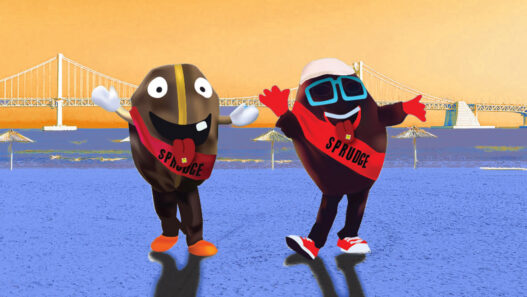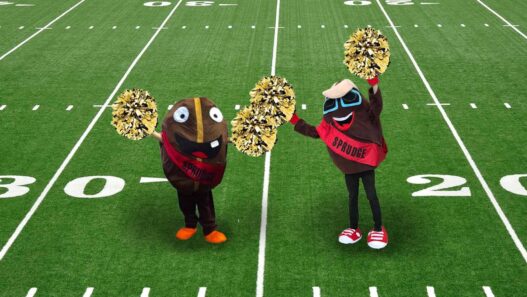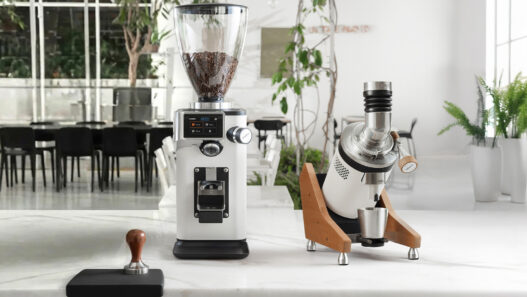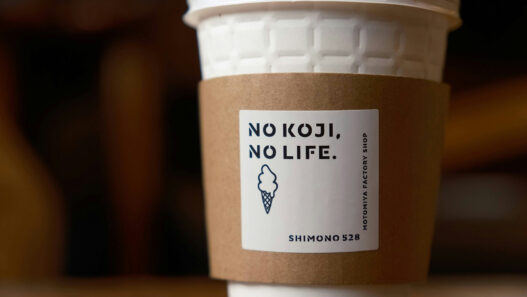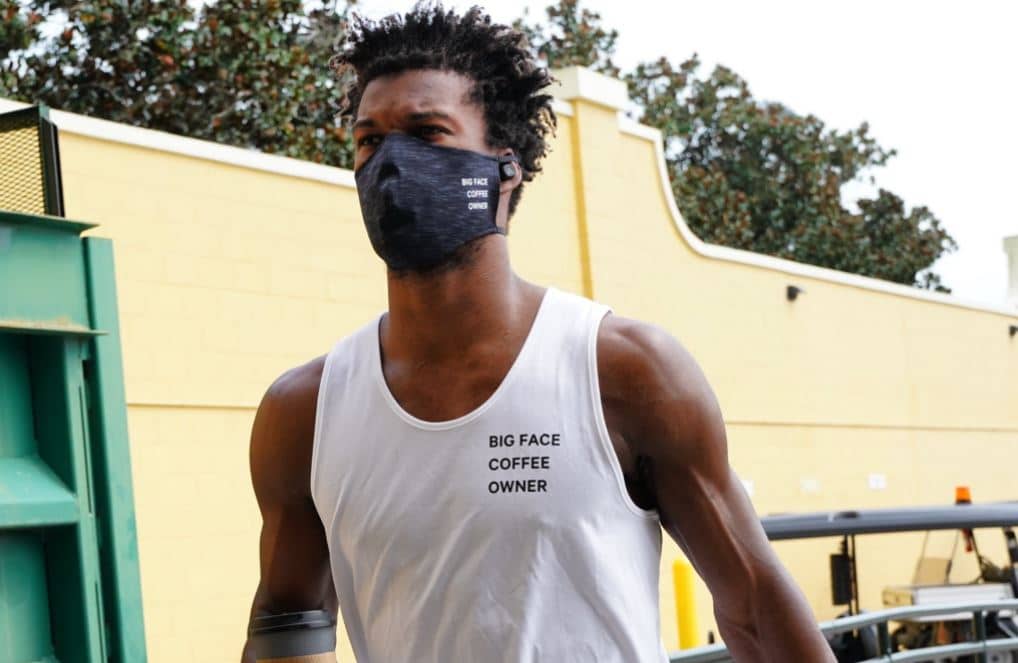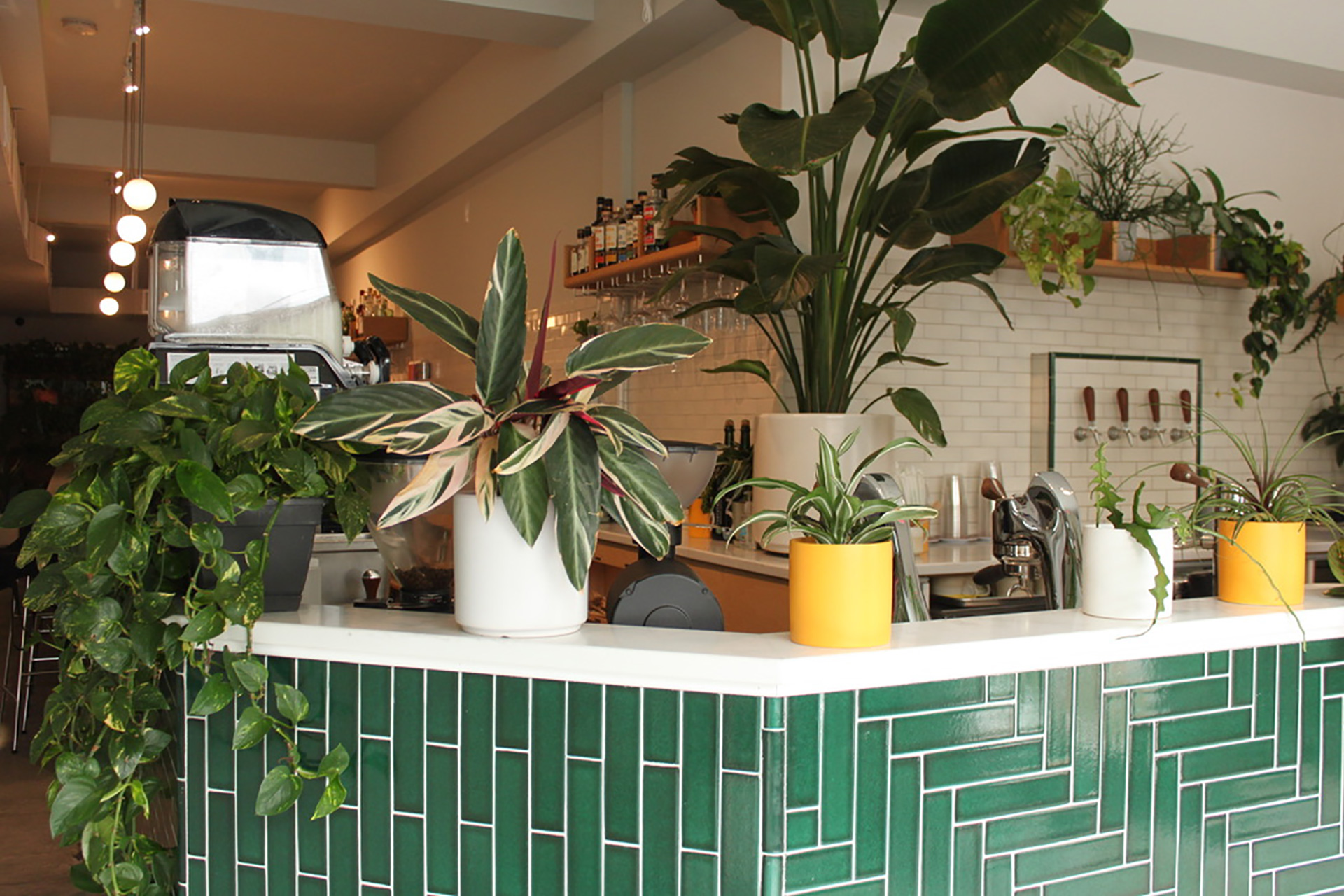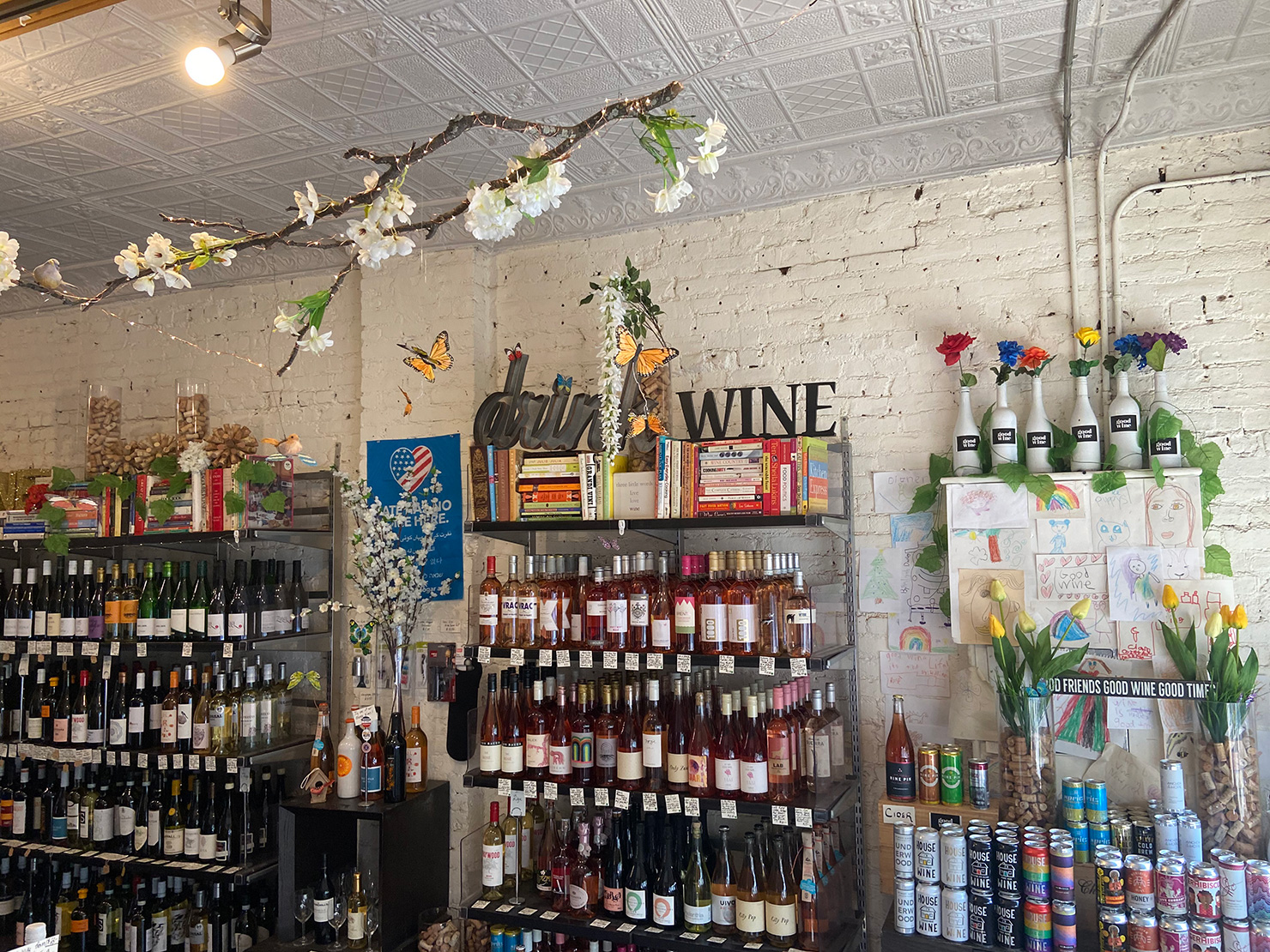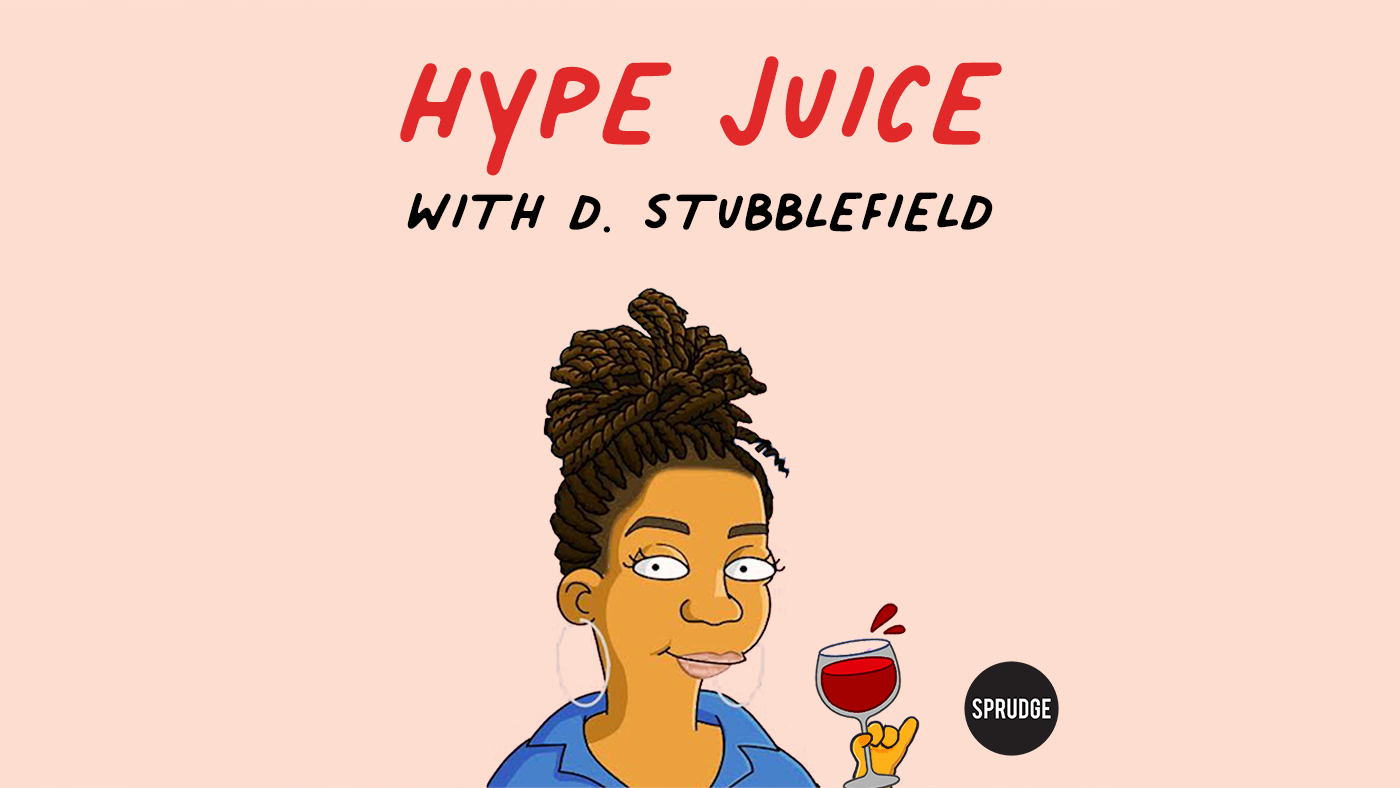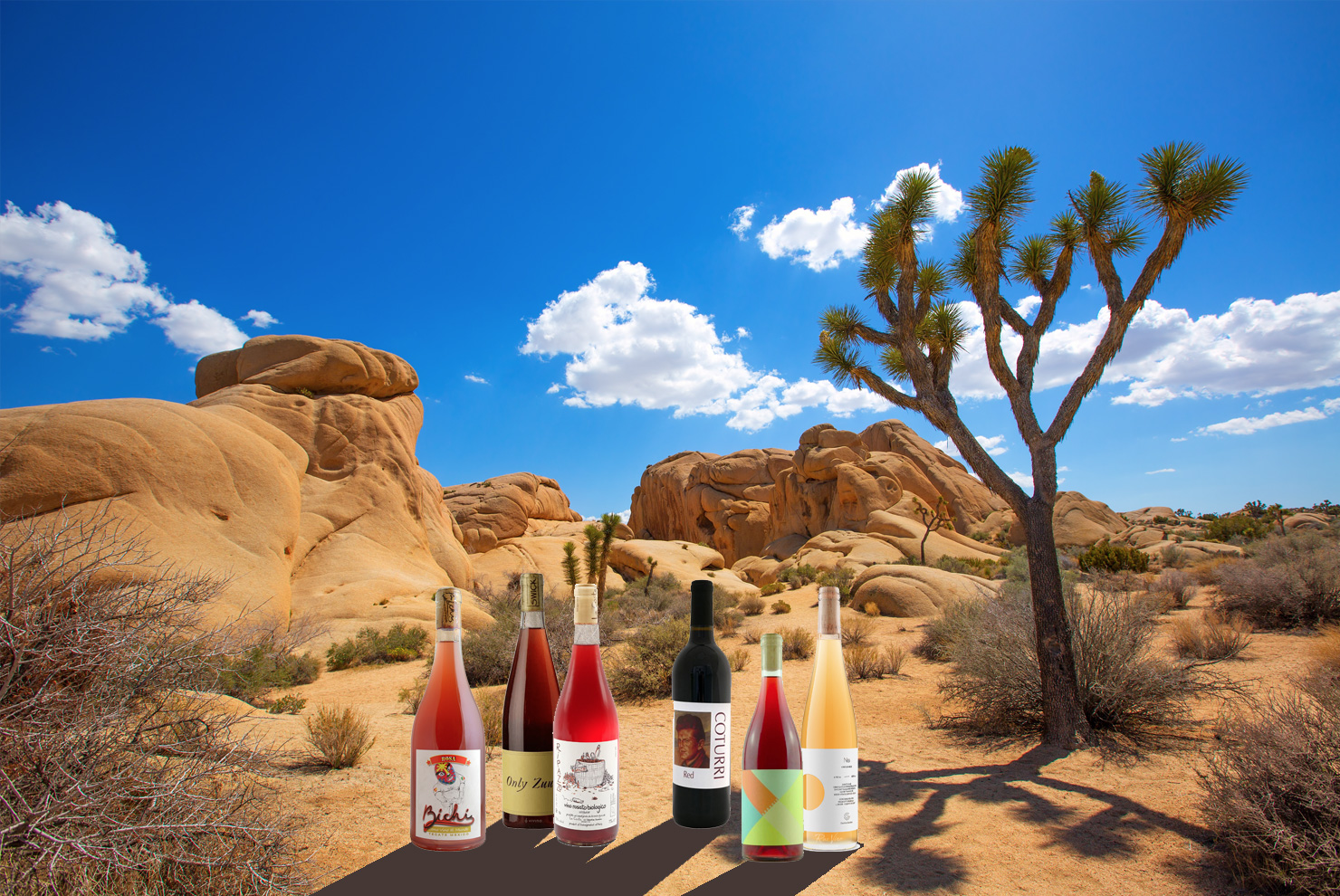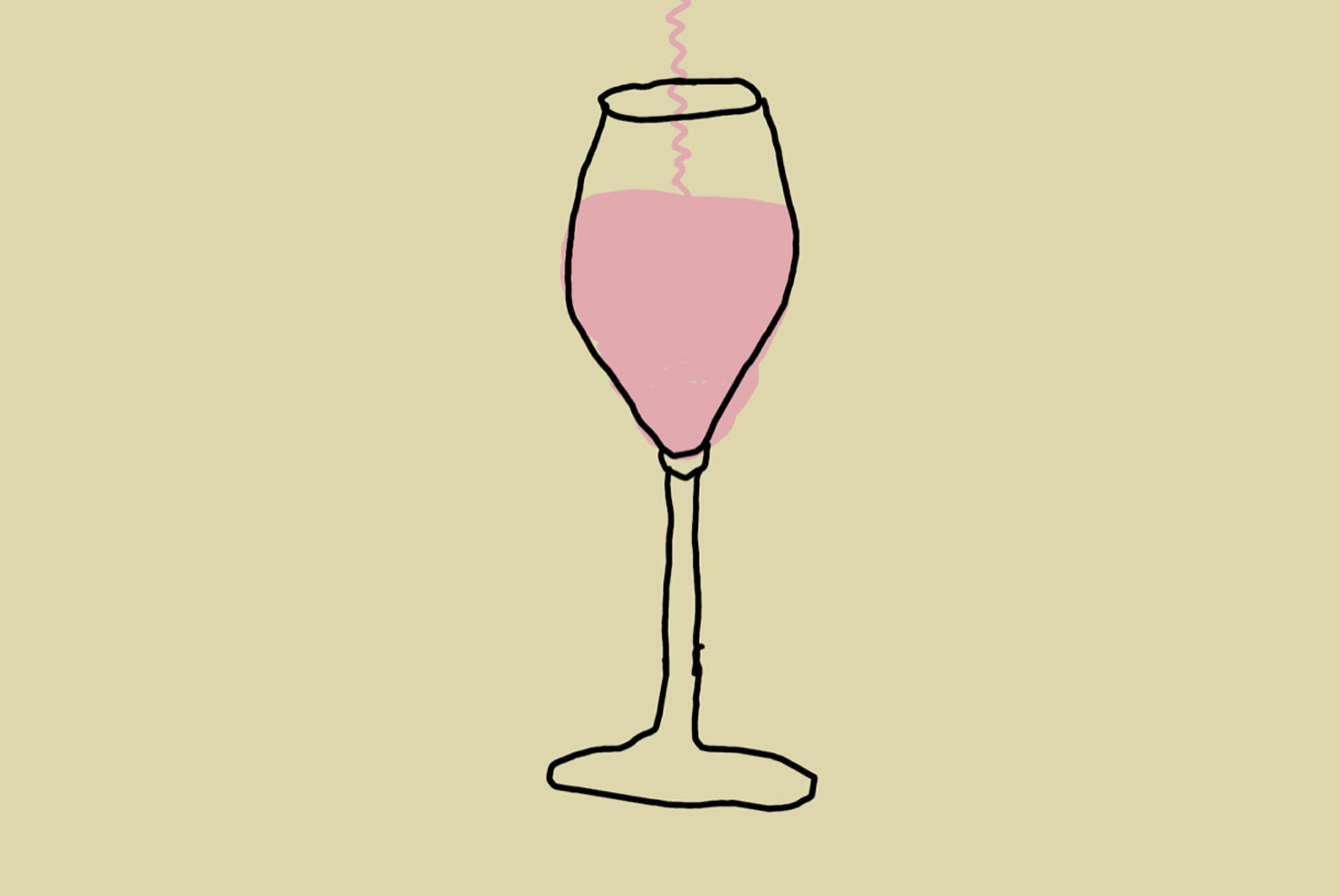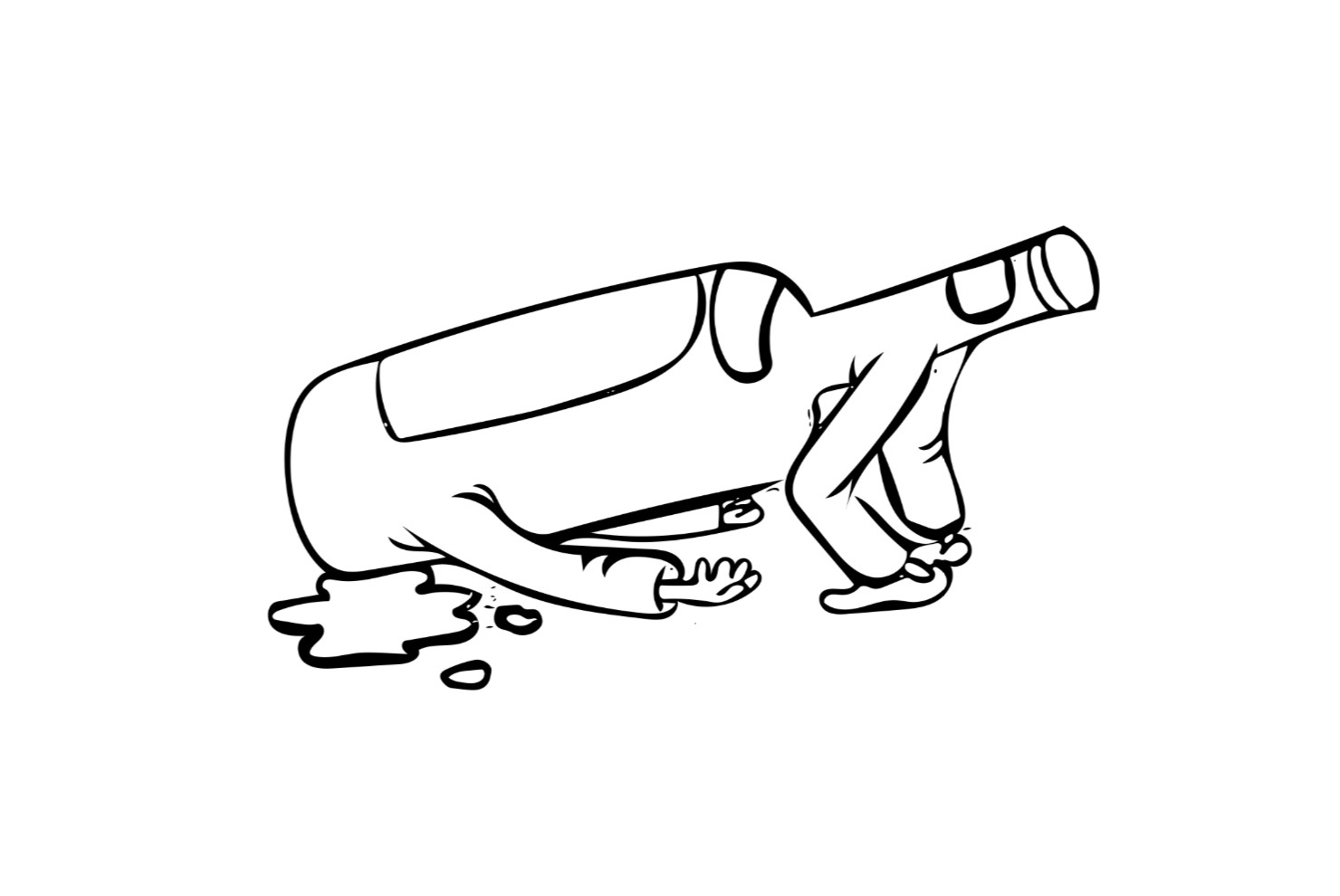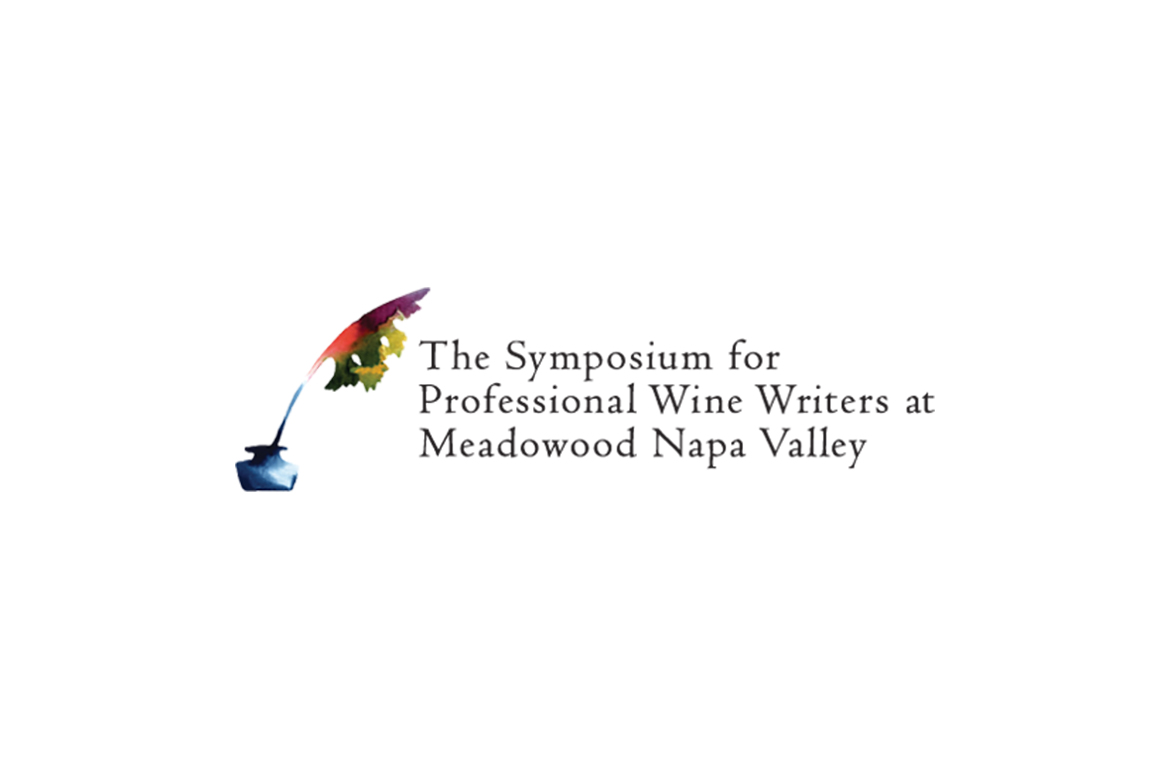
My first taste of natural wine was at a restaurant in Paris called Les Fines Gueules in 2010. I remember many details about this Paris dining experience—my knees regularly disrupting the tiny table they were squeezed under, the aloof service due (no doubt) to my awkward French—but most of all I remember the wine.
The cheapest red on the menu ended up changing my life forever. I sipped a glass of Gamay from the P-U-R winemakers in Beaujolais and sensed that I was drinking wine in its purest form: fermented grape juice with nothing added, nothing taken away. I didn’t yet know what natural wine was and I didn’t have the words to describe it, but I knew I wanted more. P-U-R stands for “Production Unique Rebelle” and you could taste it in the glass.
Now that I’ve spent the past five-plus years attending tastings, working for natural wine makers, and living among the vines of the Loire Valley, I have expanded my understanding of wine and my vocabulary to describe it. I’ll reference acidity, minerality, tension, tannins, terroir, and more. There are so many adjectives to choose from, but there’s also one I wish we would remove from our wine vocabulary forever: “funky.”
This descriptor is unfortunately something of a mot du moment when it comes to natural wine. It’s almost used as a challenge to wine professionals when in the form of a request; “Bring me the weirdest wine you can find,” it begs. The increasing demand for funky wines among natural wine drinkers is having an effect on the market and wine professionals are taking note.
Shawn Mead of Vif, a natural wine shop and bar in Seattle, has gone so far as to consider the risk of losing customers if she doesn’t stock “funky” wines. “I’m not opposed to wild wine but I am opposed to flawed wines,” Mead told me. “So far we have avoided them. That said we do think about losing customers who are asking for the ‘funky shit’ and we are considering a labelling system that would make people aware of what’s funky and what’s not.”
This begs the question of how to define what makes a wine “funky.” For Mead it remains vague: “It’s hard to know exactly what people are asking for when they make those requests, but I think they’re asking for wines that are mousy or bretty.” She’s referring, for the uninitiated, to brettanomyces, a yeast strain that can taste like everything from clove cigarette to open sewage flow, as well as mouse, a catch-all term with no single known cause, described variously as “wet hamster bedding” or “the smell of a residence of mice.”
Joe Campanale, owner of Brooklyn restaurant and wine bars Fausto and LaLou agrees. “I interpret ‘funky’ as wines with barnyard flavors and aromas; they could be cloudy or exhibit a bit of bret or volatile acidity,” he told me, but conceded that the term is not always clear. “’Funky’ is a pretty vague term—it doesn’t have a clear definition when it comes to wine,” he said.
The popularity of funky wine may be on the rise, but the fact remains that no winemaker sets out to make flawed wine. Mead confirms this. “I’ve talked to several winemakers about mousiness. Everyone hates it—no one wants it in their wine and no one makes an intentionally mousy wine.”
While winemakers strive to avoid producing wines with defects such as mousiness, reduction, residual sugar, or bret, the solutions for what to do with vintages demonstrating these faults were until now quite limited. Either the winemaker stowed the bottles away, waiting to see if the problems would resolve themselves, or they counted the cuvée as a loss.
Now the quest for “funky” wines has changed everything, creating a space for these wines in the market. The rise in popularity and visibility of natural wines means an increased interest on the part of consumers who are in the development stages of their wine vocabulary. It’s my opinion that without a frame of reference regarding low-intervention wines, they rely on more accessible descriptors to get in on the enthusiasm they see surrounding natural wines. While trend status is effective in creating excitement around natural wine—and using a basic vocabulary is a great start for talking about wine—clear communication regarding the movement is essential. Not all natural wine should be filed under “funky” and indeed, this does a great many fine natural wines a grave disservice.
The role of wine professionals is vital when it comes to separating the quirky from the catastrophic and purveyors of natural wines are doing their part to reframe “funky.” Campanale explains how he approaches this, “Not all ‘funky’ wines are flawed!” he explains. “I spend a lot of time trying to ensure that the ‘funky’ wines on my lists are not flawed.”
I appreciate the work done by people like Mead and Campanale, who filter out the flawed from the fabulous. If I had been served a “funky” wine at Les Fines Gueules years ago it’s unlikely I’d be writing this article today. This is exactly where “funky” does a disservice—natural wine doesn’t need be weird to be appreciated. Natural wine is at its best when it’s simply really, really, good.
Funky as a reference for wines ranging from unconventional to undrinkable fails the consumer because it is simply too vast. “I hope that sometime soon, we can avoid using words like “bold” and “funky” and come up with words that actually say what people are looking for,” says Campanale. “If a guest is looking for something cloudy, it would be a lot more helpful to say just that… I would venture to say that people would find wines that they love a lot more often if we could use words that are more descriptive and steer clear of more generic words like ‘funky.’”
Even if you’re looking for something cloudy, you should always be more clear. Make “funky” functional by translating it into a list of terms and synonyms that define what funky wine is to you. What region do you like? What winemakers? Varietals? Colors? Bubbles? Have fun! There’s no wrong way to enjoy wine, not really. But please don’t call natural wine funky.
Emily Dilling is a freelance journalist based in the Loire Valley.




